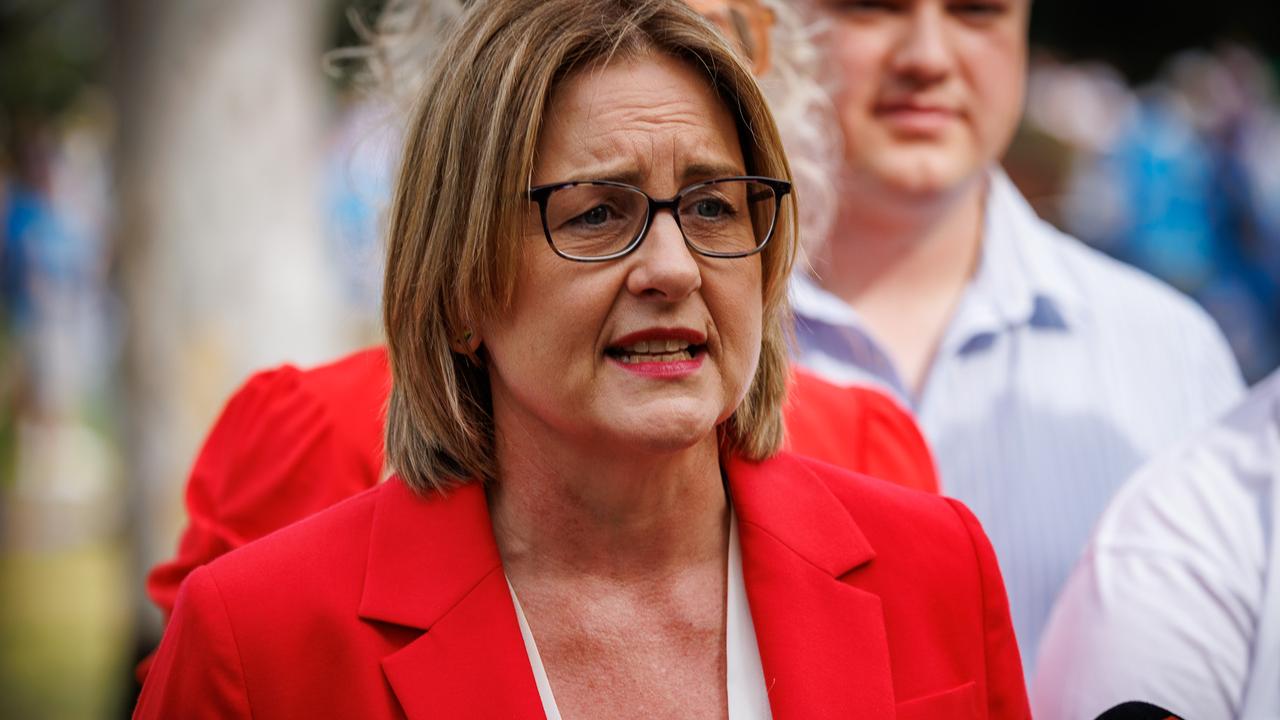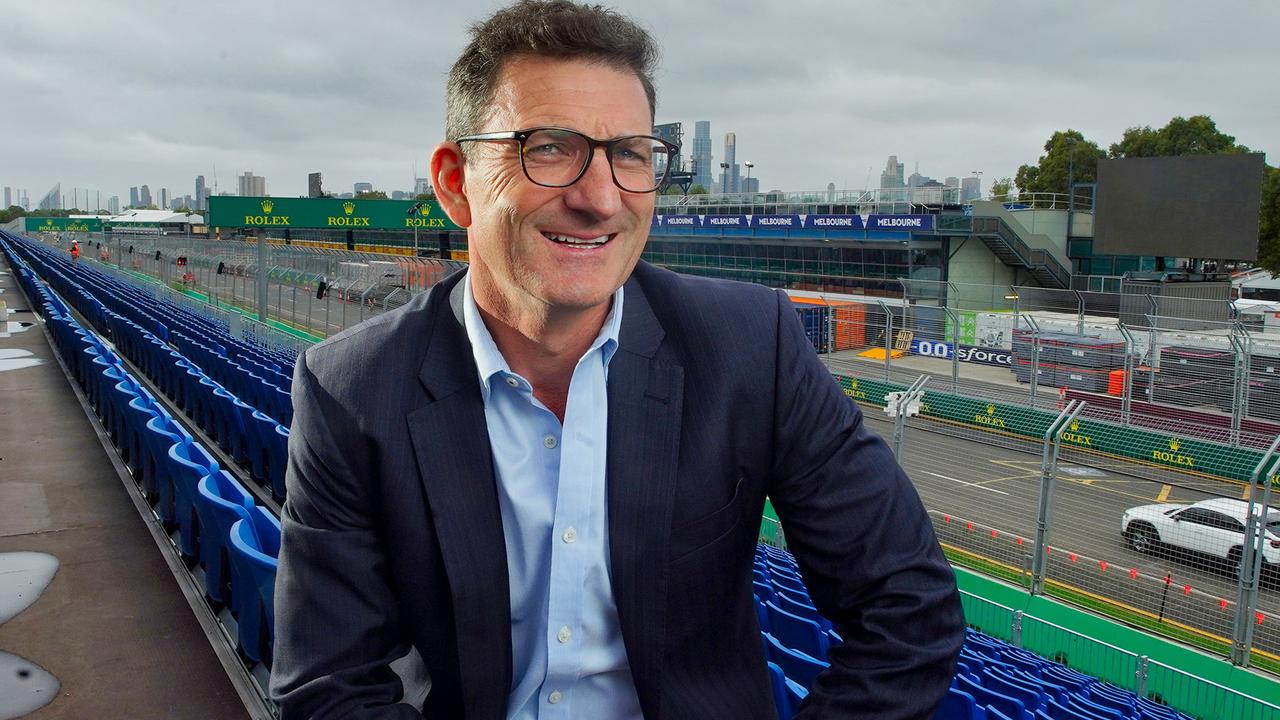Busy lives and social pressure causing children to struggle with basic skills
Education Minister James Merlino has backed calls for more mental health support for children as experts reveal the extent to which kids are struggling with basic skills.
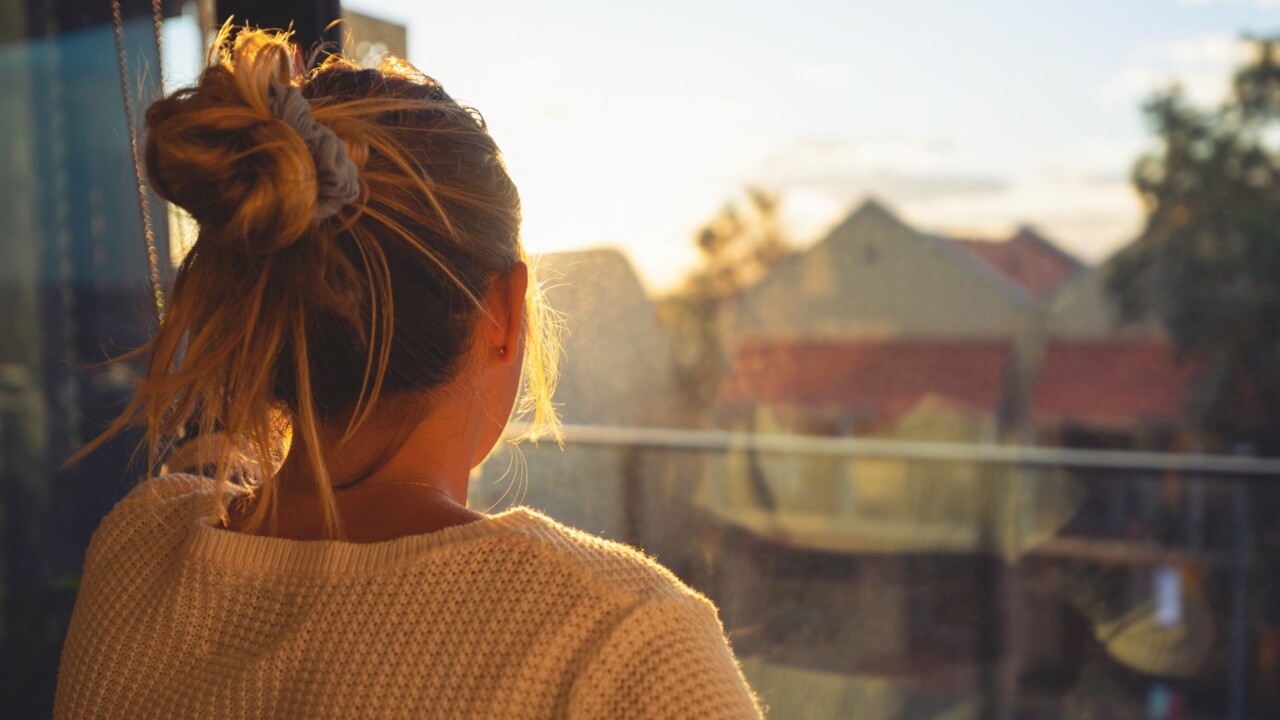
Victoria
Don't miss out on the headlines from Victoria. Followed categories will be added to My News.
Education Minister James Merlino says he agrees with new findings that Victorian children need more support with their mental health.
Research from the Murdoch Children’s Research Institute, revealed in the Herald Sun, showed an alarming trend of kids struggling with basic skills, such as empathy, making friends and identifying emotions.
Overscheduled lives, helicopter parenting, bullying, social media pressure and a bombardment of online information are causing the growing issues identified in a new Murdoch Children’s Research Institute study.
And lockdowns and remote learning have “exacerbated the situation”, Professor Harriet Hiscock, at the institute, says. Training in resilience, social skills and coping strategies need to be taught in schools to address a growing mental health crisis, Victorian doctors say.
When asked about the need for more mental health support, Mr Merlino backed the research.
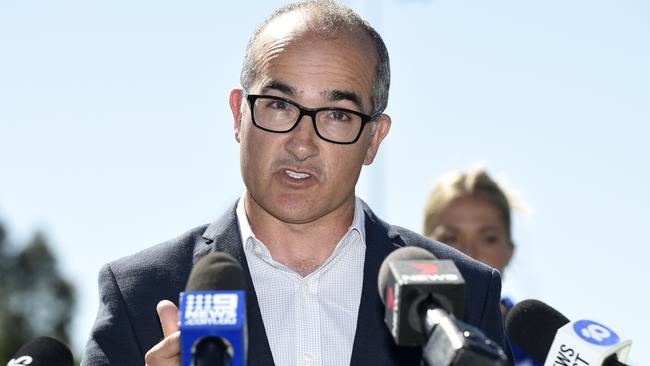
“I completely agree,” he said.
“It’s no accident that I’m the Minister for Mental Health and the Minister of Education — those things are just completely linked.
“If a child is not feeling safe and happy at school, they’re not going to learn.
“It has been exacerbated by two years of the pandemic, but we’re responding and implementing every single one of the Mental Health Commission’s recommendations.”
Mr Merlino said the state government was interested in gathering more data on children’s mental wellbeing, but wasn’t sure whether this should be collected through NAPLAN testing as has been proposed.
Mr Merlino said the government was investing significant amounts into the sector as part of its agreement to follow the recommendations of the Royal Commission into Mental Health.
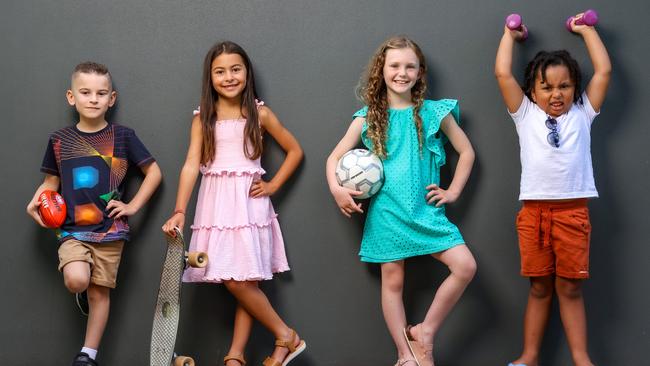
Games at lunchtimes, on-campus mental health clinics and dedicated wellbeing co-ordinators are among the strategies suggested by some of the state’s leading clinicians.
They also want school attendance and assessment records to be examined to provide signs of mental health problems in students.
NAPLAN could also be expanded to include questions on mental health.
The institute interviewed 143 Victorian and South Australian doctors before the pandemic, and the findings were published in international peer-reviewed journal PLOS ONE.
Children were lacking basic life skills due to their parents’ busy lives and many demands, Professor Hiscock said.
“Bullying is often 24/7 and hard for kids to escape. There’s also recently been less sport which can teach vital skills through community participation,” she said.
“Parents are also busy negotiating a complex world and kids are also more scheduled and they don’t have time to work through things on their own.”
Professor Hiscock said children were also bombarded with information online and through social media, making feel anxious and powerless.
Isolation due to the pandemic and a lack of face-to-face classes, would have made the issues worse, she said.
The doctors interviewed by the MCRI want teachers to play a greater role in identifying at-risk kids and offering counselling and support services, with some upskilled in order to do so.
One doctor surveyed noted that children with moderate or severe depression miss an average of 40 school days a year. “The best medicine is school,” another noted.
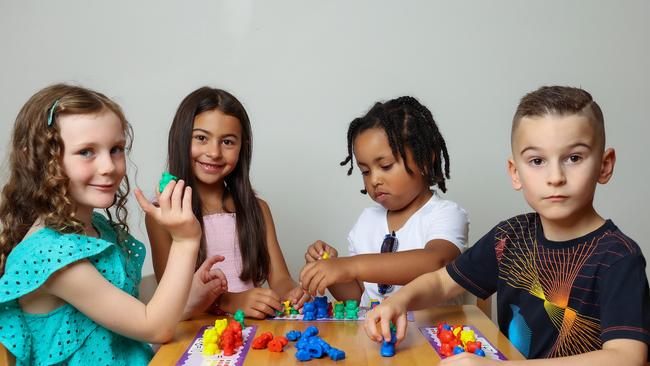
Kate Paton, lead author of the MCRI study, said schools “act as a trusted physical space where mental health clinicians could offer services that are otherwise challenging to access”.
“There is also concern that parents may not want educators to identify mental health problems in their child.”
Kylie Allen, director of Inspiring Minds Studio and a former primary school teacher, runs resilience workshops for children.
“I focus on kids being able to identify their emotions, being flexible like a rubber band where they may get stretched and be in different positions,” she said.
“We talk about trying new things and being OK with making mistakes and having people to talk to that they trust so they can get help when they need it.”
Research from Melbourne University shows 15 to 20 per cent of children displayed mild to moderate social and behavioural problems during the pandemic.
The research comes as a pilot mental health program developed by the MCRI, Melbourne University and the Department of Education and Training was expanded to a total of 100 schools in 2022.
Mental Health Minister James Merlino said the state government had placed a mental health practitioner in every secondary and specialist school “to ensure everyone has the mental health support they need, whenever and wherever they need it”.



